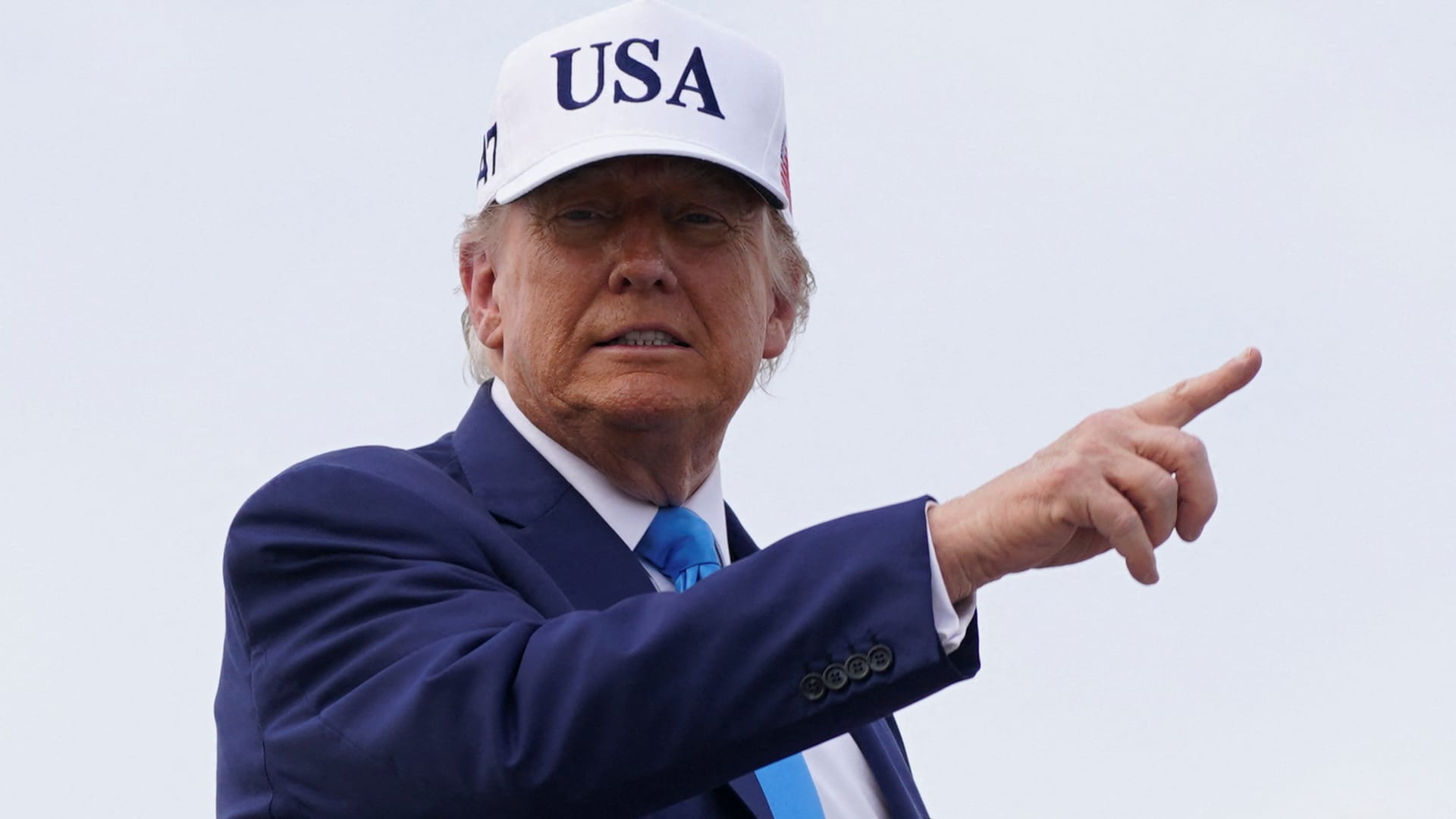The Intersection of AI, Politics, and Power: Unpacking the Trump-Musk Dispute
The bitter clash between Donald Trump and Elon Musk, intensified by financial and political maneuvers, offers a revealing lens through which to understand not just political dynamics, but also the influence of technology and innovation—including artificial intelligence (AI)—in shaping modern power structures. While AI itself is not explicitly cited in their feud, the undercurrents that fuel this confrontation resonate deeply with the transformations AI is catalyzing across business and political domains.
Technological Influence on Political Clout
Elon Musk is not only a business magnate but also a leading figure in AI-driven innovations through his ventures such as Neuralink and Tesla’s ambitious autonomous driving programs. The growing stature of technology entrepreneurs like Musk amplifies their influence on political discourse and electoral funding. This evolving landscape positions AI development as both a strategic asset and a potential point of contention among power players.
The Musk-Trump conflict reflects how control over emerging technologies, including AI, intersects with political allegiances. While Trump’s influence stems largely from traditional political capital, Musk’s power merges financial muscle with technological foresight. This duality allows tech leaders to challenge established political paradigms, supporting candidates whose policies promise a regulatory environment conducive to innovation—or withholding support to reshape political agendas.
AI as a Catalyst for Shifting Alliances
Musk’s engagement in AI fields exemplifies a broader move among entrepreneurs to prioritize technological progress and pragmatic policy over strict party lines. AI-driven industries thrive on flexible, global perspectives that often conflict with the entrenched ideological positions of traditional political factions. Musk’s potential financial backing of Democratic or third-party candidates may signal an intent to foster policies aligned with AI innovation, ethical considerations, and future-focused regulation rather than current partisan loyalty.
By embracing such stances, business leaders working with AI challenge established norms, encouraging a more issue-centric political landscape. This trend disrupts historical funding patterns and pressures traditional parties to reconsider their approaches to technology governance, privacy, and AI ethics.
Legal and Ethical Dimensions in AI Policy Influence
Trump’s warnings about repercussions for Musk underscore tensions at the crossroads of political finance and technological ethics. AI development demands nuanced policy frameworks addressing accountability, security, and societal impact—areas where political consensus is often fragmented. Musk’s willingness to support candidates outside the GOP may reflect a push for these complex issues to be handled pragmatically rather than ideologically, using financial influence as leverage to shape AI governance.
However, legal restrictions safeguard Musk’s right to political contributions, reflecting democratic principles that separate financial influence from coercion. This balance is critical in ensuring that AI’s integration into society is guided by diverse voices rather than monopolized by political power brokers.
Broader Implications for AI and Governance
The public discord between Musk and Trump illustrates a microcosm of how AI and tech innovation are reshaping political power dynamics. As AI becomes integral to economic and social frameworks, leaders of technology firms command growing attention not only for their products but also for their political preferences and contributions.
This evolving paradigm could catalyze a political realignment where economic powerhouses like Musk act less as party loyalists and more as issue-driven agents influencing AI regulation, data privacy laws, and innovation policy. Such shifts have the potential to either enhance democratic deliberation by introducing new perspectives or complicate political cohesion by fragmenting traditional alliances.
Conclusion: AI’s Role in the Changing Political Landscape
The Trump-Musk dispute, while ostensibly about party loyalty and campaign financing, reveals deeper currents stirred by technological evolution, with AI at the forefront. Musk’s willingness to defy partisan expectations is intertwined with his leadership in AI innovation, symbolizing the broader challenge technology presents to political orthodoxy.
This clash represents a pivotal moment where the influence of AI-driven entrepreneurship intersects with political finance and ideology, foreshadowing a reconfigured balance of power in American politics. As AI continues to permeate society, political actors, business leaders, and voters alike will need to navigate this complex terrain where technology, money, and policy converge, shaping the future not only of elections but of governance itself.

